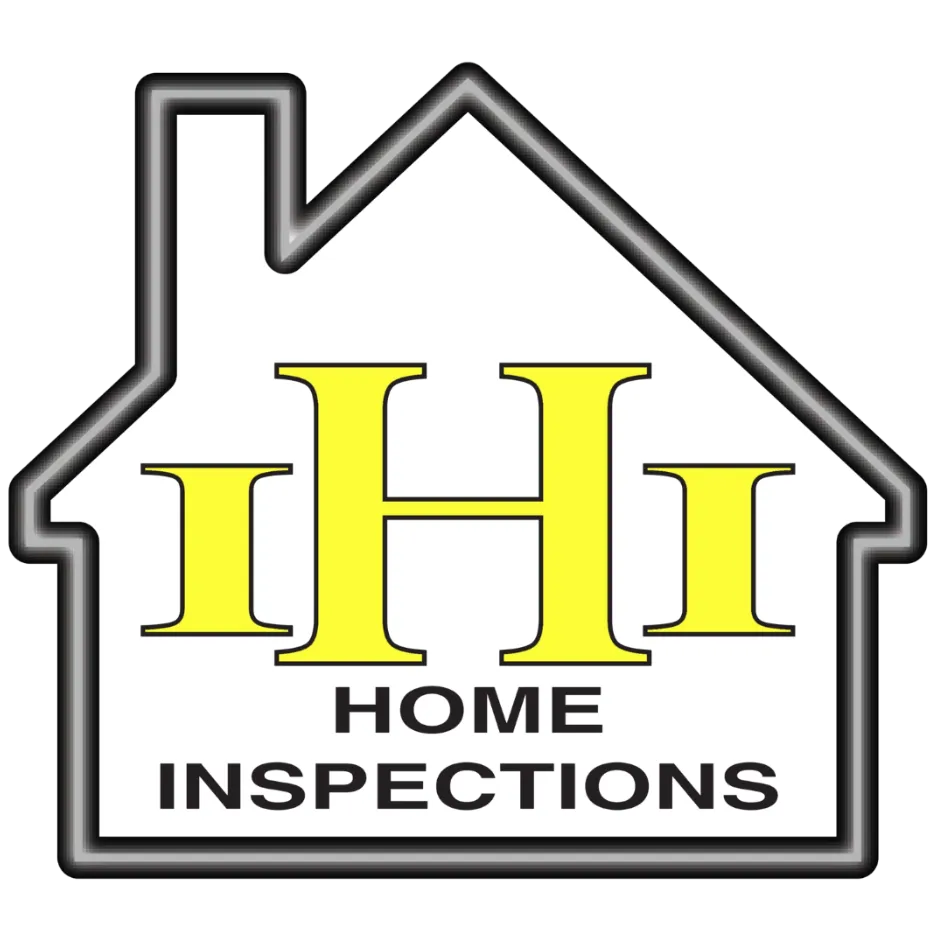
What This Constantly Running Pump Could Cost You in Home Repairs
The Pump That Wouldn’t Quit: A Common But Overlooked Problem
Imagine walking into your newly finished basement—everything looks spotless, the HVAC system humming, and the space ready for family movie nights. But what if that steady hum is masking a hidden threat?
This was exactly the case when David Lelak of IHI Home Inspections arrived for a routine check in a two-story Georgia home with a finished basement. David discovered that the condensate drain pump connected to the heat pump was running continuously. That seemingly minor noise was actually the signal of a slow-developing hazard.
Unnoticed by the homeowner, water had started creeping across the basement floor. The pump wasn’t turning off. And while this might sound like a plumbing issue, it’s actually a home inspection red flag that could lead to thousands in repairs if left unaddressed.
The Hidden Threat Below: Why Condensate Pumps Matter
Basement heat pumps often rely on condensate pumps to manage water produced during heating and cooling cycles. These pumps collect and expel excess water. But when a pump fails to shut off, it’s usually because of a stuck float switch, a clog, or internal malfunction. That means water is no longer being managed properly.
In David’s inspection, the pump continued running long after it should have shut off. The water had nowhere to go but across the basement floor—a perfect storm for mold growth, wood rot, and damage to insulation and flooring. Especially in finished basements across Walton County, GA, or Atlanta suburbs like Lawrenceville, Roswell, or Marietta, where luxury finishes can add thousands to a home’s value, this risk is amplified.
According to the National Association of Home Builders, 98% of basements in the U.S. will experience some form of water damage during their lifespan. When overlooked, something as small as a pump malfunction can snowball into serious property degradation.
But It’s a New House! Why Even Newer Homes Need Inspections
It’s a common misconception: "This house is brand new—what could possibly go wrong?" Homebuyers in rapidly expanding areas like Gwinnett County, Cobb County, and Fulton County often trust that new construction means flawless execution.
But David Lelak has seen it all.
“New doesn’t mean perfect. It means fast timelines, subcontractors, and often, untested systems,” says David.
During many home inspections in Atlanta metro, he has identified miswired electrical panels, disconnected ductwork, and yes—pumps that should be replaced before they ever cause damage. Builders focus on structure and code compliance, not necessarily the longevity of individual components.
A comprehensive inspection covers not only structural and visual integrity, but also mechanical systems that aren’t typically tested during final walk-throughs. These include:
HVAC and condensate drains
Attic ventilation systems
Crawlspace humidity levels
Appliance venting
Homeowners in Walton County, Dekalb County, and beyond deserve to know what’s really going on behind the walls.
Signs Your Pump is Trying to Warn You
A constantly running pump isn’t just annoying—it’s practically begging for help. Here are some early warning signs homeowners should watch out for:
Unusual pump noises or continuous humming
Standing water near HVAC equipment
Musty odors coming from the basement or utility closet
Visible rust or water stains around the unit
Short-cycling HVAC systems (turning on and off too quickly)
If you live in an area like Snellville, Conyers, or Dacula, where humidity levels tend to be higher year-round, the risk of mold from poor moisture control increases significantly.
Inspection vs. Repair: Know the Difference
Many homeowners confuse a repairman’s job with a home inspector’s. But while a contractor might replace a broken pump, an experienced home inspector like David Lelak of IHI Home Inspections is trained to identify why it failed, and whether the installation met proper standards in the first place.
Home inspectors look beyond the obvious. David routinely:
Pulls off HVAC covers
Checks float switch responsiveness
Follows drainage lines to their outlet
Measures moisture levels in surrounding materials
That’s how he found the issue in this Georgia basement. Without removing the pump cover, you’d never guess there was a malfunction. Everything looked fine. But water doesn’t lie.
And here’s the kicker: this isn’t rare. In fact, one in five new homes in Atlanta experience issues during their first year that could have been avoided with a pre-move-in home inspection.
A Small Pump, A Big Risk
Whether you live in Loganville, Peachtree Corners, or Brookhaven, there’s one truth that applies across Georgia: Water wins every time. Even minor seepage can compromise insulation, electrical lines, and drywall. And that means expensive remediation.
If your home features a basement—finished or not—you owe it to yourself to ensure every system is functioning properly. That includes the condensate drain pump.
In a state like Georgia, where we average over 50 inches of rainfall per year, water management inside the home is just as important as outside.
Don’t let a $150 pump turn into a $15,000 rebuild.
Protect Your Investment with Pro-Level Insight
Homeownership is one of life’s biggest investments. Whether you’re buying your first home or settling into your dream property, a proactive approach to home inspection can prevent disasters before they start.
That’s where IHI Home Inspections comes in.
With decades of experience serving Atlanta, Walton County, Gwinnett, Dekalb, and beyond, David Lelak doesn’t just find problems—he teaches you how to avoid them.
From electrical arcing to leaky pumps, his inspections are thorough, insightful, and often eye-opening. So the next time your basement pump starts humming a little too much, remember: what you don’t see can hurt you.
CLICK HERE to Schedule or Contact 404-788-2581




